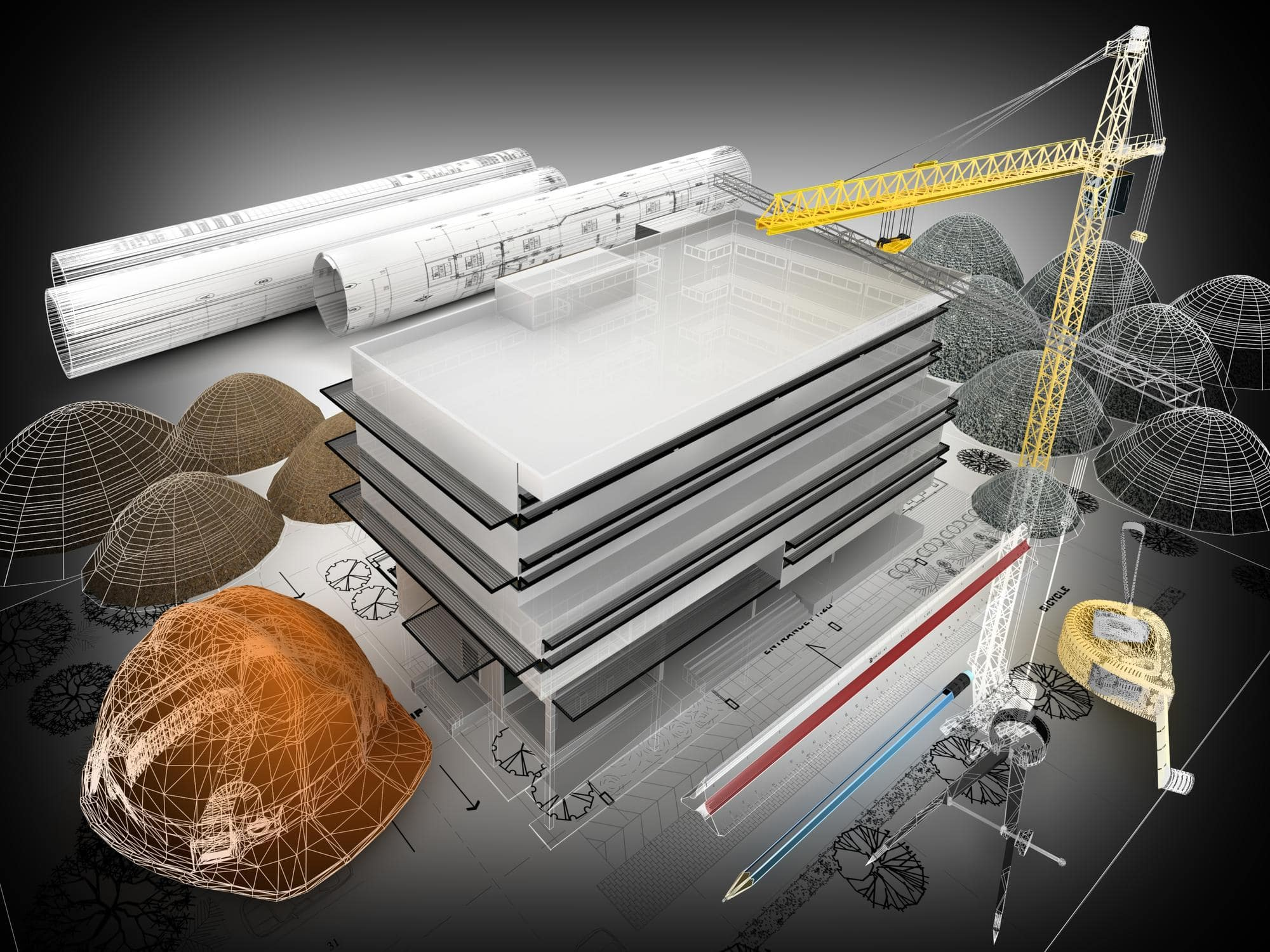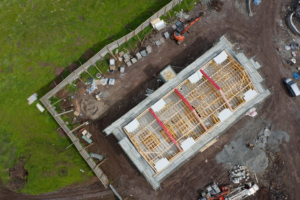Physics Studies and its Importance in Technological Advancement and Efficiency Improvements. INTRODUCTION
Physics is defined as the branch of science that deals with the forces at the microscopic level which are perceived to be difficult and comprehensible science disciplines that are likely to bear little relevance to the general populace.
But in reality, physics is the basic foundation on which most of the modern developments in technology are based and on which efficiency improvements are continuously made.
Symbols of its importance sit in our pockets in the form of Smartphones, it is at work in lifesaving medical imaging technologies.
Given the current situations in the world like climate change, energy more so in the future, and technological disruption, the relevance of Physics has never been this vital.
Phenomenological research is the creation of new technologies, materials, and processes that can be derived from the fundamental laws of physics to change industries and people’s lives for the better.
This article discussed several aspects of the importance of physics studies towards enhancing the technological aspect as well as the efficiency aspect of several technologies.
Subsequently, we will discuss the subject matter of physics: understanding its basic ideas, its background, and its practical uses.
The article will also assess the influence that physics has on different sectors of the economy, such as energy and transport, as well as health and technology.
At the end of this trip, you would possibly grasp how physics has embedded itself into our society and why it is important to invest in doing more research and educating people in physics for a brighter tomorrow.
Understanding Physics: The Premises to Technological Development

Physics can consequently be described as the branch of science that deals with energy, matter, space, and time to understand their inherent laws and principles. It is a vast and fascinating field, encompassing various branches, including:
– Mechanics: the realm of science that deals with the movement of objects and the cause of the forces that make them move.
– Thermodynamics: the branch of science that deals with the measurement and transfer of heat, temperature, and energy.
– Electromagnetism: the branch of science that deals with such phenomena as electricity, magnetism, and light.
– Quantum Mechanics: the branch of physics that deals with the behavior of matter and energy on the atomic and subnuclear levels.
These branches of physics are interrelated to each other and all these knowledge are combined to create our view of the world.
Key Concepts:
– Energy: the capacity or power to perform or accomplish a task; it being of many types/kinds, including kinetic energy, potential energy, thermal energy, etc.
– Matter: any object that is characterized by its ability to have mass and volume always does (atoms, molecules, objects, etc.).
– Space: the three-dimensional space in which all material objects and every radiation or wave exist.
– Time: the yardstick of transformation and thus the evolution of the whole universe.
Historical Significance
Physics, as a branch of science and knowledge, has a very rich history; our ancestors were already dealing with its principles in antiquity. From Aristotle to Galileo, Newton, and Einstein, physicists have continually expanded our understanding of the universe, laying the groundwork for technological innovations.
(source:[history.aip.org](https://history.aip.org).
– Classical Mechanics (Newton): laws of motion as well as universal gravitation.
source:[britannica.com](https://www.britannica.com/biography/Isaac-Newton).
– Electromagnetic Theory (Maxwell): the interconnection of Electricity and magnetism (source:[britannica. com](https://www.britannica.com/biography/James-Clerk-Maxwell).
– Relativity (Einstein): a new concept of space and time and presented (source: [nobelprize. org](https://www.nobelprize.org/prizes/physics/1921/einstein/lecture/).
These foundational concepts and theories have enabled scientists and engineers to develop new technologies, transforming industries and improving our daily lives.
Technological Advancements
Physics can be said to be the foundation of most innovations that define our world today. Technological Advancement
Physics is practiced in numerous technological fields and is applied in almost all facets of life.
This section looks at several sectors that have benefited from the application of physics-based breakthroughs in enhancing operations.

Electronics: Semiconductors and Transistors
They include Semiconductors and transistors which can be greatly impelled by physics knowledge confirming the essence of electronic products.
A semiconductor, which has an electrical conductivity between an insulator and a conductor, and a transistor, a switch, or an amplifier are essential in devices ranging from mobile phones and personal computers to factory automation. Technological Advancement
These innovations have made electronics smaller, faster, and more efficient, transforming daily life.
(source:[howstuffworks.com](https://electronics.howstuffworks.com/transistor.htm).
Computing: This is a common area of overlap because algorithm design and data storage go hand in hand in CS.
Computing, in particular, has been enriched by results obtained in physics. The disturbance of superposed quantum states, for example, quantum computing, is an emergent field that utilizes the theoretical framework of quantum mechanics to accomplish computations much beyond the classical computers.
Another favorable characteristic of quantum algorithms is that they can solve problems within seconds which would be a feat for a classical computer. Moreover, advancements in data storage technologies, such as magnetic storage and solid-state drives, are rooted in the principles of physics, enabling the handling of vast amounts of data at unprecedented speeds.
(source:[ibm.com](https://research.ibm.com/quantum-computing/)).
DON’T MISS THESE INDUSTRY-LEADING EVENTS!

October 7, 2024
Memphis, TN
Medical Imaging: Magnetic Resonance Imaging and Computerized Tomography Scans
Medical imaging Modalities such as MRI and CT scans are a result of a lot of inputs from the Physics field and have drastically changed diagnosis.
MRI takes pictures from the magnetic field and radio waves in the body while CT scans take pictures from the X-ray in section.
These advancements, rooted in physics research on electromagnetic waves and radiation, have significantly improved early detection and treatment of medical conditions.
Renewable Energy: Renewable energy systems or the sun and wind are some of the most important types of power.
Physics has significantly enhanced renewable energy technologies as well as created improved and sustainable energy systems.
For instance, solar power uses photovoltaic systems in which light is converted into electricity through the use of semiconductors.
Insights into this effect have informed the improvement of solar panels and this has made the process more efficient. Likewise, steady improvement in the field of aerodynamics and fluid dynamics has helped in improving wind technology, especially wind turbines.
These advancements are crucial in addressing the global energy crisis and reducing our dependence on fossil fuels (source: The global electricity demand is rapidly increasing, and the share of renewable energy sources in it is growing year by year.
Efficiency Improvements
In all fields, solutions based on physics have improved functionality and lessened the use of resources and expenses. Technological Advancement
Energy Efficiency: LED Bulbs and Insulation LED bulbs and insulation are other products that are associated with the beauty of buildings and architectural designs.
Discoveries in the area of Physics include the manufacture of energy-saving LED bulbs that apply the utilization of semiconductor substances to produce continuous, power-saving light.
Improved insulation technologies, based on thermodynamics, help conserve energy in buildings by minimizing heat loss. Technological Advancement
(source:[energy.gov](https://www.energy.gov/energysaver/lighting-choices-save-you-money).
Transportation: Aerodynamics and Electric Vehicles are one of the group’s focused sectors.
Mechanics like aerodynamics have ensured that the vehicle uses minimal fuel due to the reduction in the amount of air that it is likely to cross. The development of electric vehicles (EVs) leverages advances in battery technology and electromagnetism, offering cleaner, more efficient transportation.
Materials Science: New and advanced materials / Nanotechnology
Nanotechnology, grounded in quantum mechanics and material physics, has created stronger, lighter, and more thermally conductive materials, crucial for next-generation technologies. (source: [nano. gov](https://www.nano.gov/).
Physics-led efficiency enhancement again helps innovation and sustainability.
Real-World Applications of Physics.
It (physics) is applied in day-to-day aspects hence making it familiar and something people will need to deal with.
Physics in Everyday Life: The major categories in the industry include Consumer Products
A large number of consumer goods, for example, smartphones and touch laptops, are rooted in physics.
Transistors and semiconductors, produced by physics studies, are the components of these devices, which provide highly effective calculating capability in comparatively small devices.
Other spin-off developments that rely on principles of physics include improved technologies in areas like display screens, batteries, and wireless signals that allow fast and efficient interaction with gadgets. (source: [howstuffworks. com](https://electronics.howstuffworks.com/transistor.htm).
Industrial Processes: Manufacturing and Logistics

In industries, physics improves how operations are conducted and the rates at which tasks are accomplished. Technological Advancement
The industry of precision manufacturing employs lasers and robotics in the process of making products that are defined by high standards; both these technologies have foundations in physics. Technological Advancement
In the area of logistics, mechanics, as well as thermal physics principles, enhance the efficient operation of transport with a view of transporting goods at minimal expense. (source:[nrel.gov](https://www.nrel.gov/transportation/).
Environmental Monitoring: Climate Modeling as well as Weather Forecasting
Physics is important in the observation of the weather hence enabling the modeling of the climate. Knowledge of the movement of the atmosphere, energy, mass balance, and fluid flow makes it possible to forecast weather and climatic variations. These predictions assist in early disaster predictions, weather, and climate change approaches, techniques as well and ways of managing them.
Such applications imply the steady expansion of physics in different aspects of human life and industries and consequently highlight the relevance of further developments in physics.
Future Frontiers
Some areas of physics investigations, such as quantum computing, artificial intelligence, and biophysics, will probably contribute to the further development of technologies in the future.
Quantum computing could solve complex problems, AI may enhance decision-making, and biophysics could lead to breakthroughs in medical treatments, driving significant advancements in various fields.
(source:[ibm.com](https://research.ibm.com/quantum-computing/), [nano.gov](https://www.nano.gov/).
Conclusion
Physics has been the spell that has facilitated the growth and advancement in almost every field from iPods to wind power.
However, to sustain this kind of progression and to get newer accomplishments in the field of technology, there is a dire need for increased funding in physics research and education.
Finally, concerning the future, physics
continues to be one of the resources to deal with the issues that are present in today’s society and build a better tomorrow.
What are your arrangements for developing the next degrees of progress in the field of physics?



















